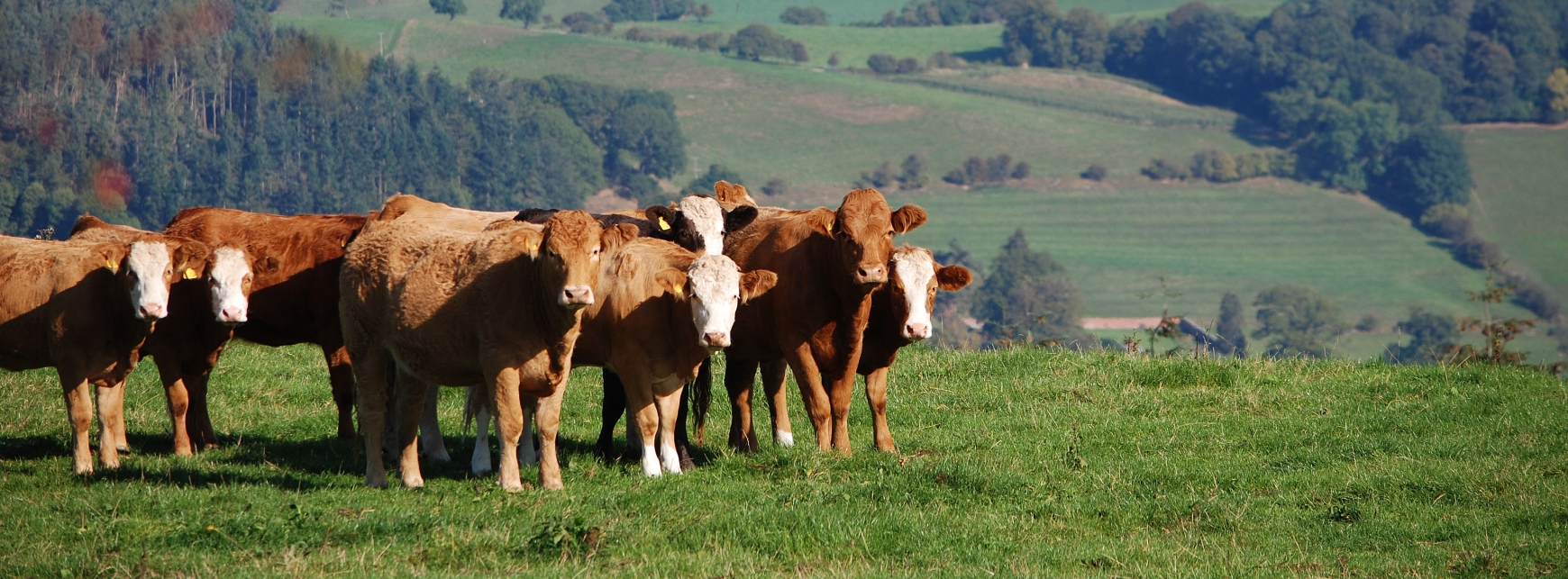On the 02 May 2019, the Committee on Climate Change (CCC) released a report titled ‘Net Zero, The UK’s contribution to stopping global warming’, which outlines targets and recommendations for all sectors across the UK, Scottish and Welsh economies, aimed at achieving a reduction in net Greenhouse Gas (GHG) emissions of 100% by 2050.
Reducing agricultural GHG emissions to near-zero is very difficult because of, for example, the biological nature of livestock. This means that the recommendations directed towards the agricultural sector are focused on increasing ‘carbon sinks’, which counteract emissions produced in other areas. Among these recommendations is a large transition of agricultural land use into forested and biomass production areas. The afforestation goals alone amount to 27,000 hectares/year by 2025. This land is expected to be made available through more efficient farming practises, as well as by reducing the current consumption of beef, lamb and dairy products by 20%.
Although less land is required to grow crops than to rear cattle, it is important to consider that many British beef producers rear grass-fed cattle, on land that is not necessarily suitable for growing food or energy crops. As well as this, well managed pasture land tends to be good at sequestering carbon which would be released if ploughed for crop production, and transitioning pasture land for crop production can introduce significant nitrogen emissions associated with the fertilising of these crops.
While GHG emission reduction is certainly important, we should be very careful about incentivising afforestation and the production of energy crops. The potential knock-on effect of reducing British food production would then lead to a greater import of food from other countries. In the interest of tackling GHG emissions on a global scale, we should be very wary of exporting our emission-intensive practises as this clearly does little to help.
The most effective way to reduce GHG emissions is through increasing energy efficiency, through smart and sustainable farming practices and renewable technology. Contact us for more information on how to increase your energy efficiency and reduce your GHG emissions.


